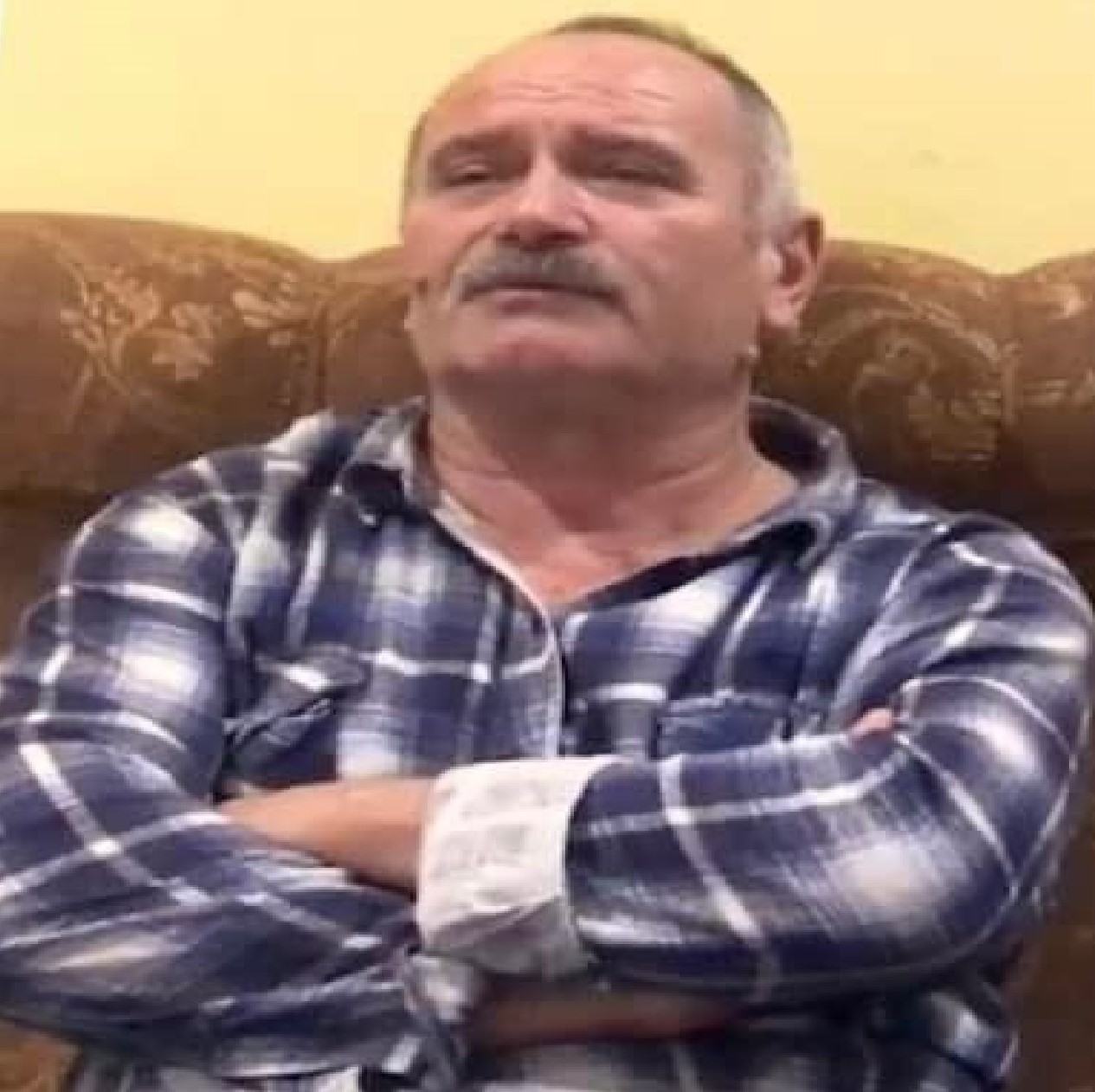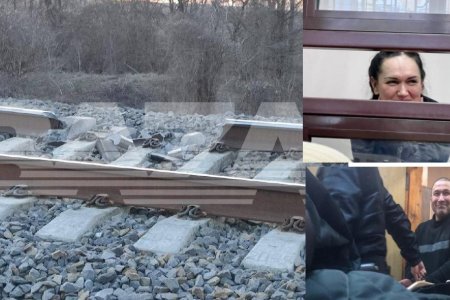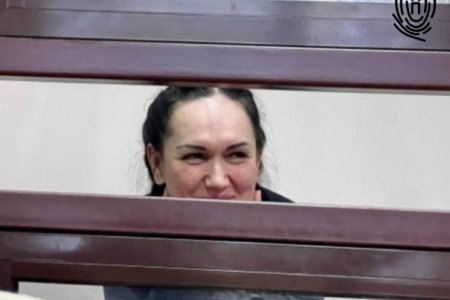
The Russian FSB turned up at the home of Mustafa Mustafayev early on 23 March, carried out a search and then took him away for interrogation. They claimed, most implausibly, that these heavy-handed actions against the elderly delegate of the Qurultay, or National Congress, of the Crimean Tatar people were in connection with the alleged damage to railway tracks in the Bakhchysarai raion on 23 February 2023. This new raid comes after a month in which the FSB have very obviously targeted only Crimean Tatars for their supposed ‘investigation’ into the rail track damage, with at least one of them effectively abducted and held for a long period without access to a lawyer.
This was the second ‘search’ of the home of a Qurultay delegate this month, with the FSB having burst into the home of Lemmar Yunusov early in the morning of 12 March. On that occasion, nobody was detained, and even the ‘search’ appears to have been superficial.
Not for the first time, the FSB demonstrated disrespect for people’s faith and carried out their new raid on the first day of the Holy Month of Ramadan. This time they targeted Mustafa Mustafayev who had previously appeared as a witness for the defence in Russia’s internationally condemned ‘trial’ of Deputy Mejlis Chair, Ilmi Umerov, and who has attended political trials of other Crimean Tatars under Russian occupation. This was the second search that he was subjected to, with the first in November 2017. A search was also carried out this time of the home of Mustafa Mustafayev’s nephew, Shevket Ergashev. Both Mustafayev and Ergashev were taken away to the FSB headquarters and held until evening.
It is almost exactly six years since Russia was ordered by the UN’s International Court of Justice to withdraw its extraordinary ban of the Mejlis of the Crimean Tatar people, which is the executive body of the Qurultay. The ban had received international condemnation, with the attacks on both the Mejlis and all its leaders linked with the Mejlis’ unwavering opposition to Russia’s illegal occupation of Crimea. Russia has not only flouted the International Court of Justice’s order, but has sought to discredit the Mejlis by fabricating several political trials, Since the arrest and imprisonment of Nariman Dzhelyal, renowned human rights defender, journalist and the First Deputy Chair of the Mejlis, the aim has clearly been to try to link the Mejlis with supposed acts of sabotage or even ‘terrorism’.
Lutfiye Zudiyeva, one of the coordinators of the Crimean Solidarity human rights movement, told Crimean Realities that the FSB have received orders “to find” those responsible for the damage to railway tracks on 23 February. She notes that the fact that these searches are taking place at the weekends shows that they view it as urgent, and that the ‘investigation’ is being monitored.
The pressure to produce results does not mean that the FSB are necessarily interested in finding the real culprits. The fact that they are targeting only Crimean Tatars would suggest the contrary, that they are intent on fabricating a prosecution. At least with respect to the search on 6 March of the home of 37-year-old Crimean Tatar Edem Murtazaev, and his subsequent detention, concern seemed warranted given that the FSB ‘investigator’, Alexander Lavrov has already been involved in two politically-motivated prosecutions, those of human rights activists Iryna Danilovych and Yunus Masharipov.
As reported, the FSB were forced to release Murtazaev after his parents and lawyer were able to demonstrate CCTV footage that clearly showed that Murtazaev had been home on 23 February.
There have been other worrying raids, some of them more akin to abductions. On 28 February, five days after the railway incident, the FSB and other enforcement officers appeared early in the morning at the home of Soiin Dzhemilov. He was at work, however the FSB prevented Soiin’s wife from contacting him or a lawyer before carrying out a ‘search’. They read out a document claiming that some ‘anonymous source’ had told them that the family’s elder son Abdulla Dzhemilov might have been implicated in the ‘act of sabotage’ on 23 February. Abdulla Dzhemilov has not been in Crimea for several months.
On 11 March, around 6-8 men, without uniform or insignia, burst into the home of Crimean Tatar Akhtem Ismailov, also purportedly over the incident on 23 February. Ismailov’s parents tried to get into the house, where they too are registered, with the FSB pushing both of them away and causing them to fall. Ismailov was taken away to the FSB ‘for interrogation’ and only released at 22.00. He had been interrogated, it was claimed, as a ‘witness’ in the investigation over the railway damage.
Perhaps the most sinister was the disappearance on 17 March of another Crimean Tatar Taiir Seidametov. He was taken away from his relatives’ home by men in plain clothes who did not in any way identify themselves. He was effectively held incommunicado for two days before being released.
We know from many previous occasions that the FSB use torture, threats against the person or their wives, families, to extract false testimony from people held without access to lawyers. In Russia’s ‘trial’ of Nariman Dzhelyal, Asan Akhtemov and his cousin, Aziz Akhtemov, at least two other men who had been abducted and held incommunicado, stated clearly in ‘court’ that any earlier ‘testimony’ had been obtained under duress.
Russia’s ministry of emergencies, and pro-Kremlin media reported on 23 February that an explosion had damaged a part of the railway track in the Bakhchysarai raion, near the village of Poshtove and 12 kilometres from the station ‘Simferopol’. The explosion had led to three trains being stopped, one from Sevastopol to the Russian city of St Petersburg, and two suburban trains. The FSB appear to have immediately initiated an investigation into ‘sabotage’. There was nothing to suggest that there were witnesses or any other grounds for concluding that Crimean Tatars, who are the main indigenous people of Crimea, but are still a minority of the population, were behind the incident.



